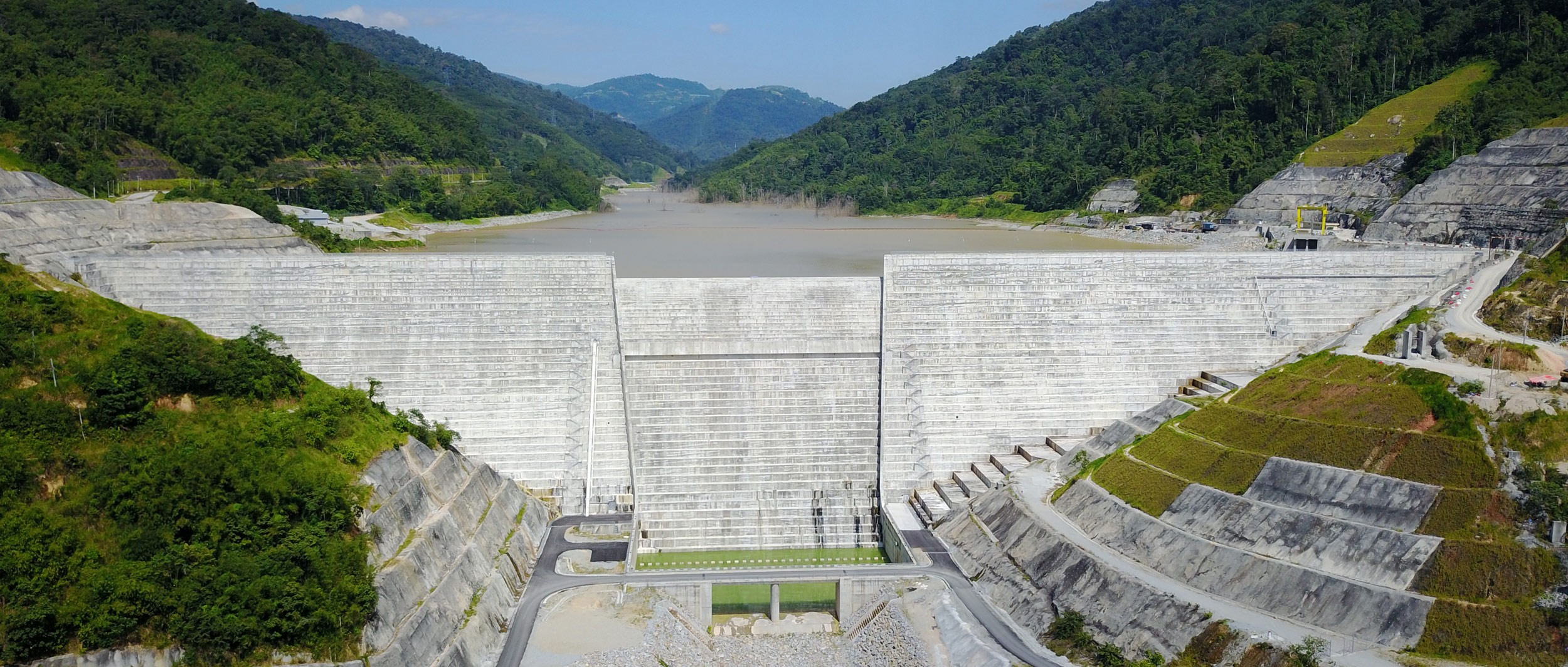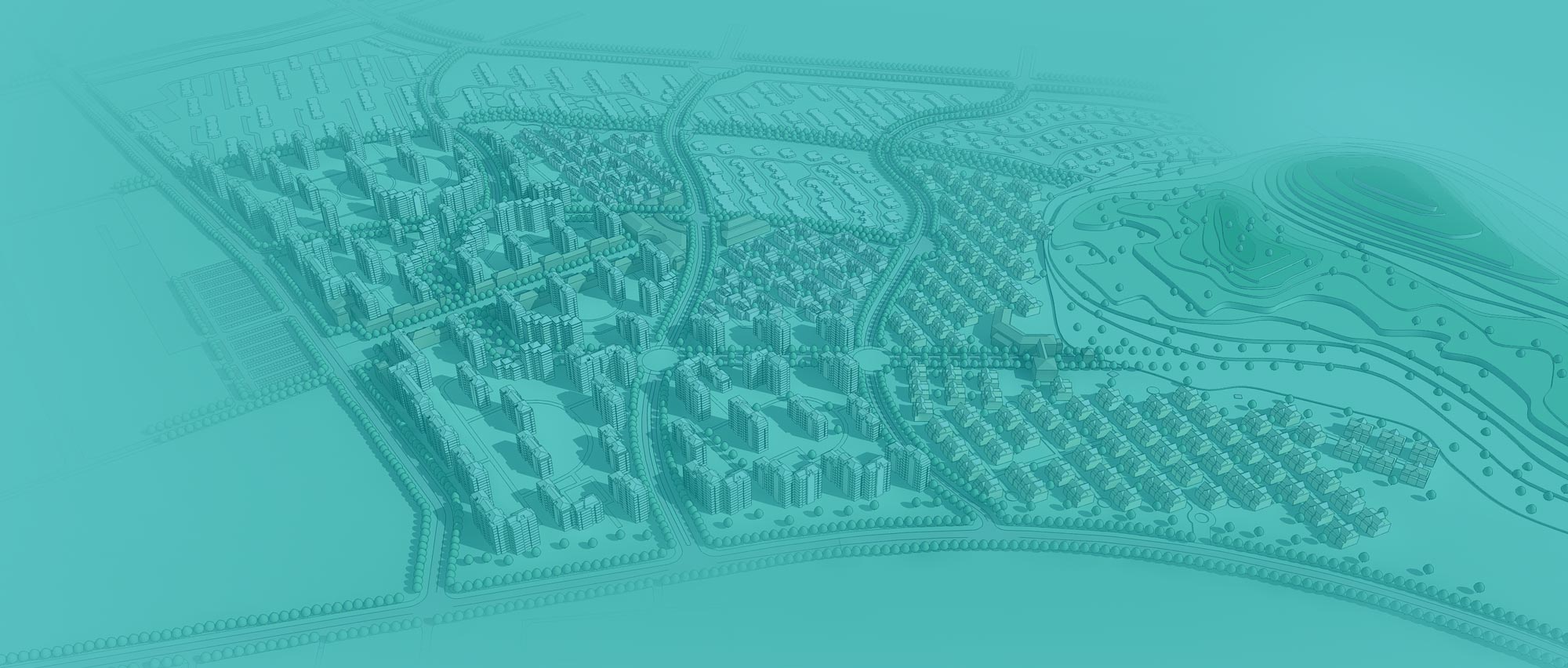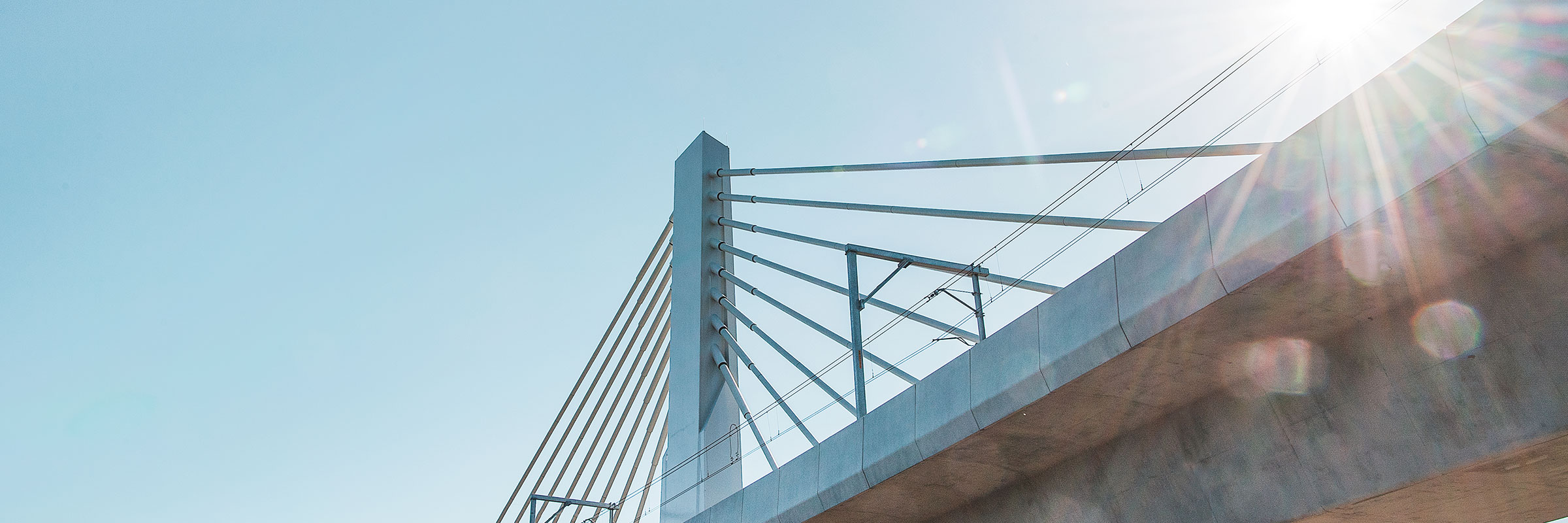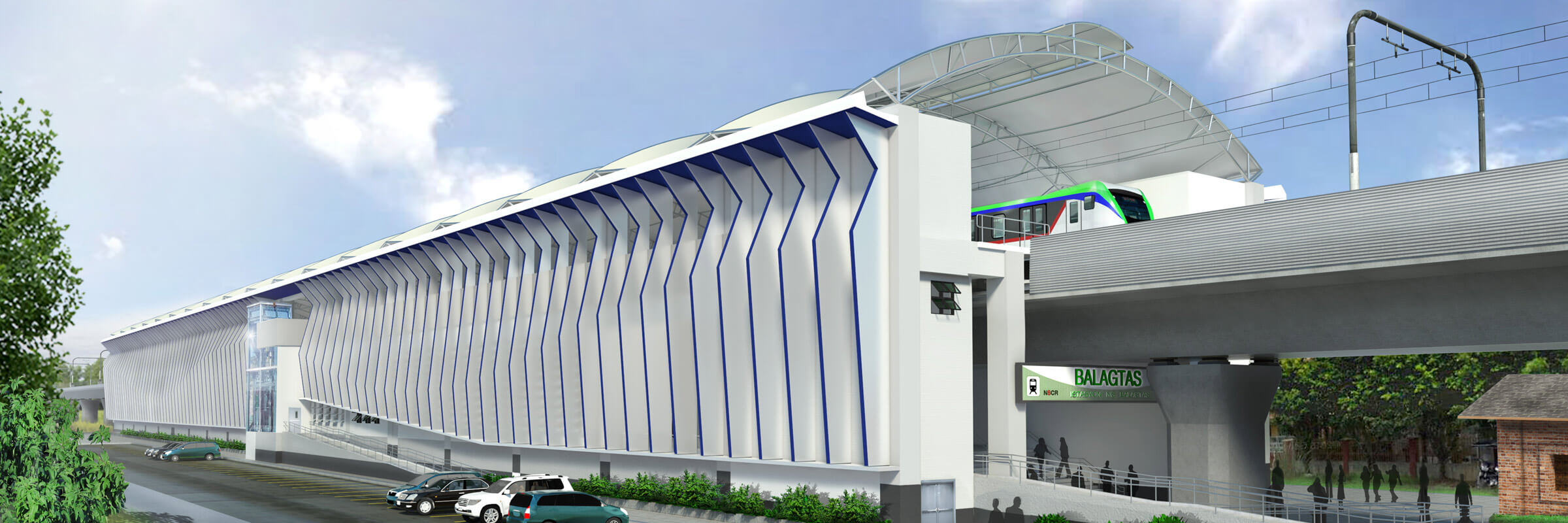
 Over the next 30 years, Andreas fulfilled his dream of working in developing countries, delivering dam and hydropower projects from Papua New Guinea to Laos, Malaysia to Sudan, and Nepal to Botswana.
Over the next 30 years, Andreas fulfilled his dream of working in developing countries, delivering dam and hydropower projects from Papua New Guinea to Laos, Malaysia to Sudan, and Nepal to Botswana.
“Engineering is international and not bound to borders or cultures,” he says.
“I’m proud to have been able to contribute to irrigation, flood protection and water supply projects, as well as power supply projects, in Africa, South Asia, South East Asia and the Pacific region for communities where these services were limited or unavailable.
“Some of the highlights were the rehabilitation and redesign of an irrigation project in Cambodia that was destroyed during the Khmer Rouge era; designing a water supply dam in arid Botswana; tracking with a group of Chinese engineers through the foothills of the Himalayas to a remote prospective dam site in Nepal, and managing the design and construction of several hydropower and dam projects in Malaysia, including the Ulu Jelai Hydroelectric Project.“
Andreas feels that ‘the willingness to work in different countries and be immersed in different cultures attracts a certain type of person for whom bridging cultural divides comes naturally.


“It has been personally very enriching for me to live in these countries not just as a tourist or for short stays, but to make them my home for long periods of time, to really get to know the communities and understand their problems.”
One of the unique things about his 30 years at SMEC, he explains, is the variety of projects undertaken.
“Even if an engineer is predominantly working on dam projects, the type of dam, geotechnical conditions or purpose will vary. A hydropower engineer may work one day on a micro-hydro run-of river project, followed by a 1000 MW surface or underground power station, or a pumped storage hydro development.
“It is like changing jobs every time a project finishes and a new one starts, as all projects are different and offer the opportunity to experience something new and learn new skills.”
Related
insights
 A recipe for success
A recipe for success
If I wasn’t working in engineering, I would definitely be a chef – probably on my way to earning a Michelin star or two!
 Challenge the status quo
Challenge the status quo
Make no mistake, in 2018 gender is on the agenda. From pay parity to the gender gap, to women in leadership roles, the discourse regarding the role of women in traditionally male-dominated workforces is taking poll position.
 Delivery in the digital age. People powered technology.
Delivery in the digital age. People powered technology.
I often ponder about the future of our industry and where technology will lead us and indeed, where will we lead technology. Is technology challenging the equilibrium when it comes to a full-service offering in the engineering industry? Some would say yes if our lives today are anything to go by.





